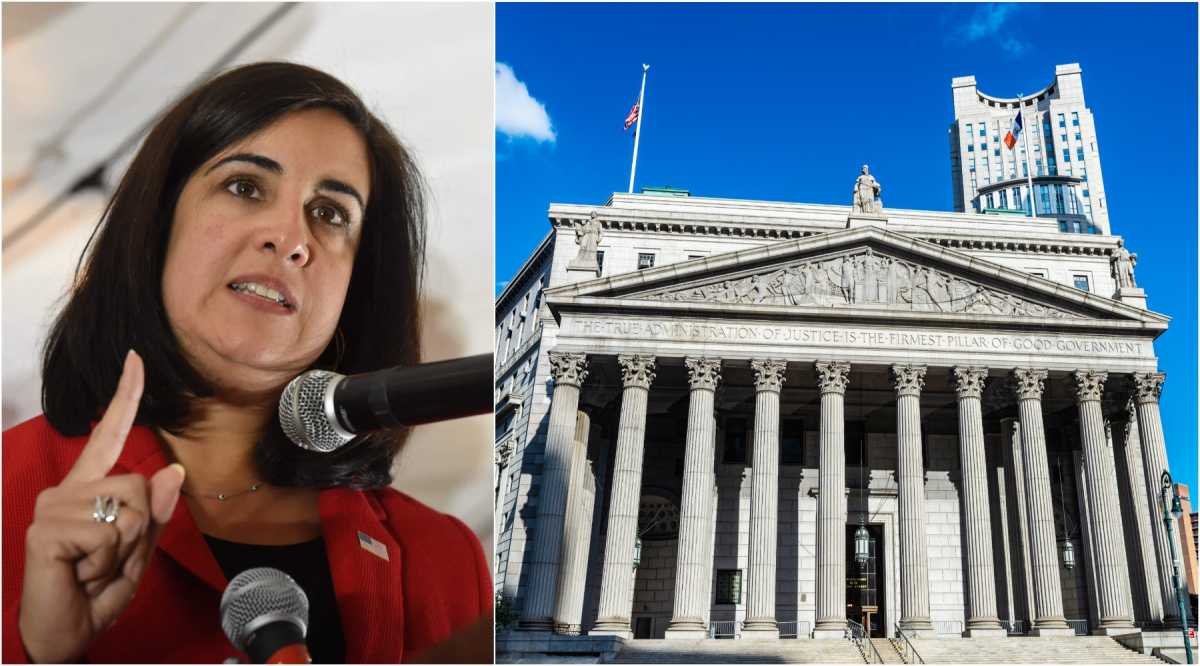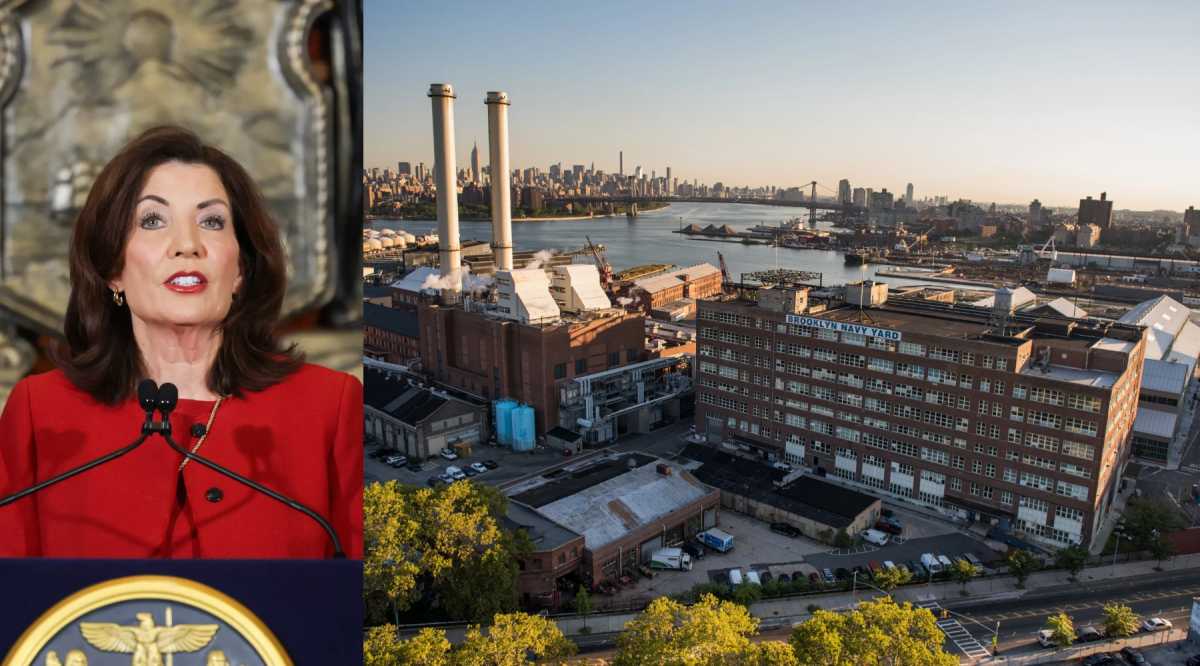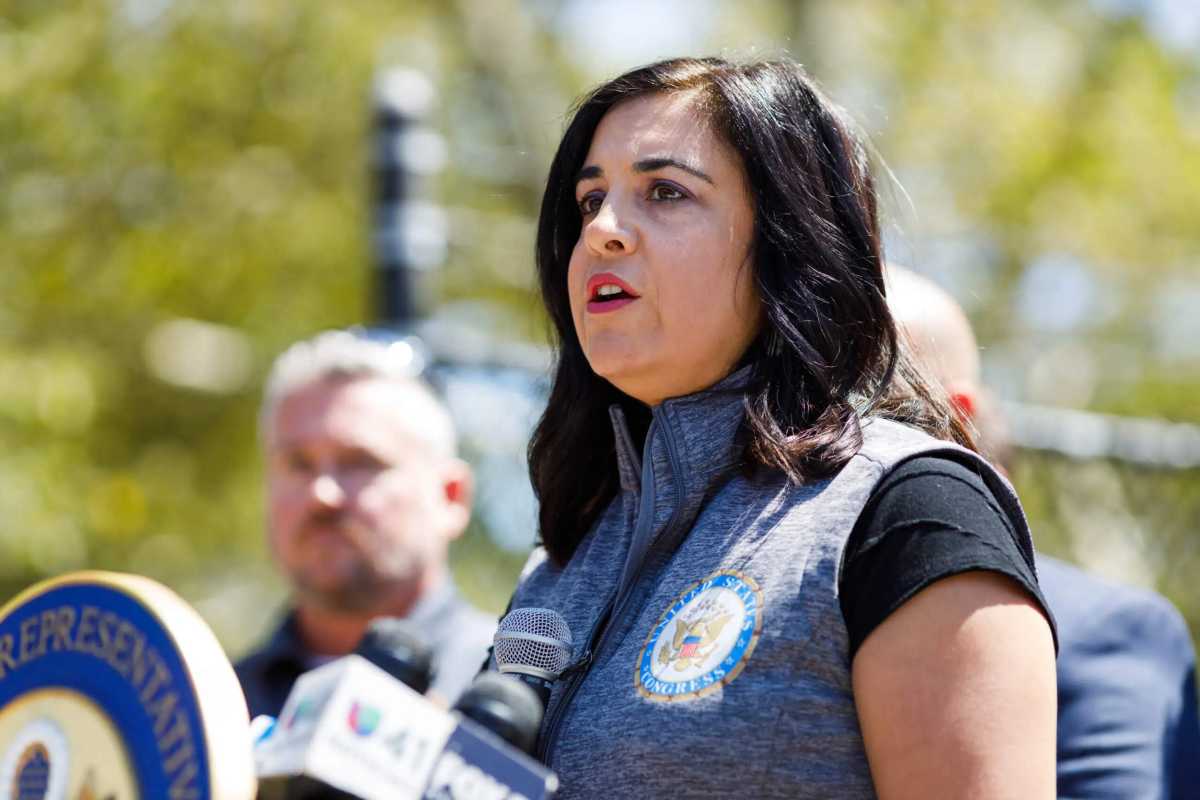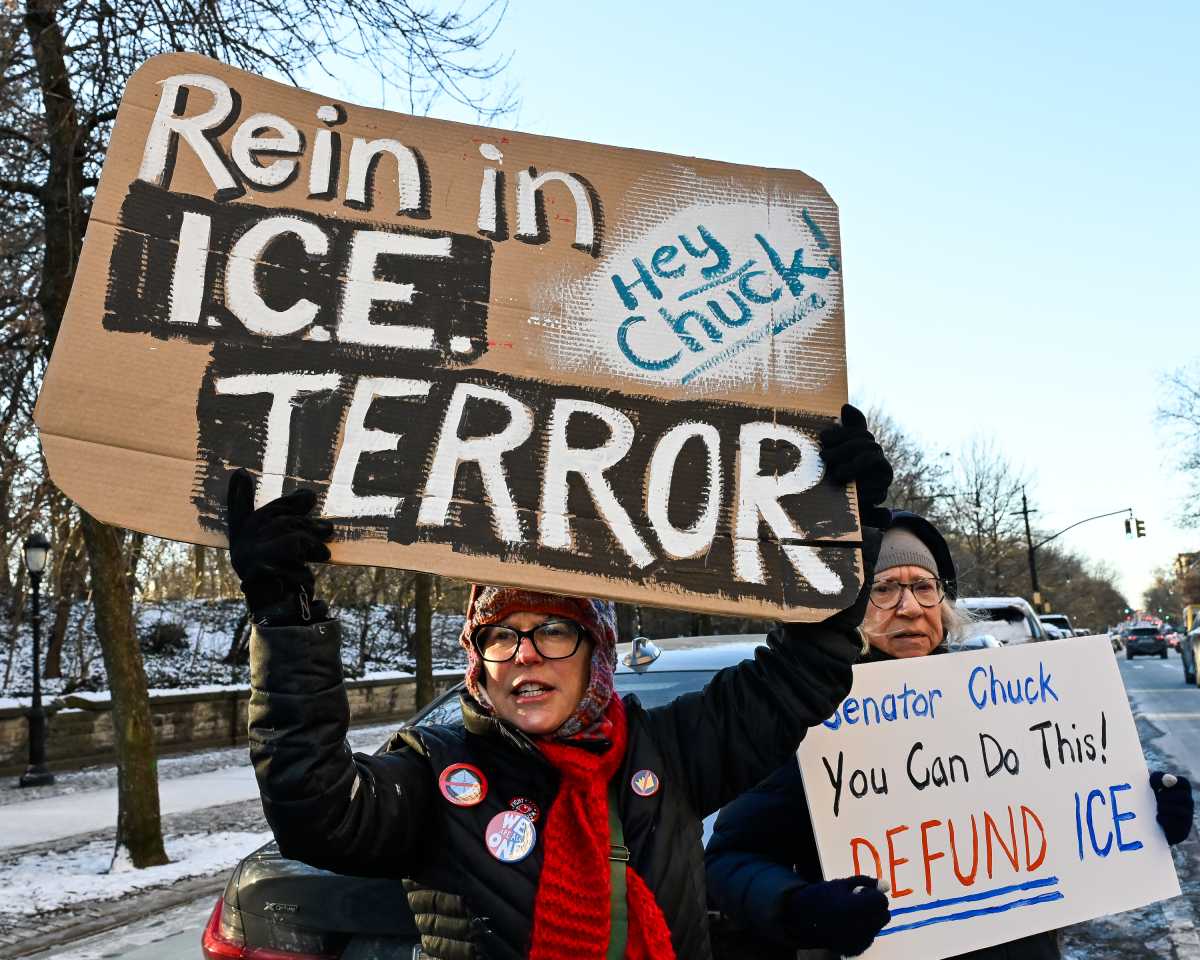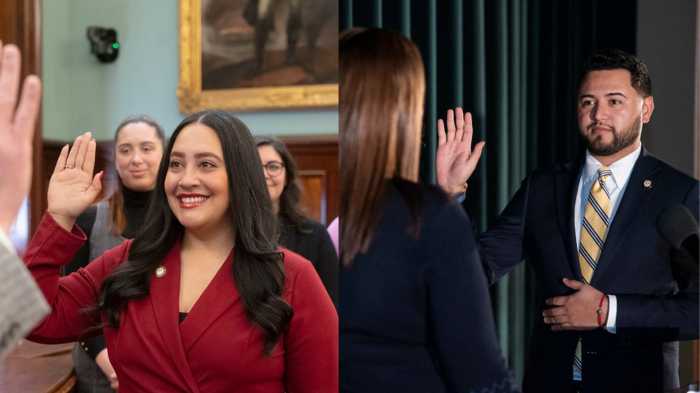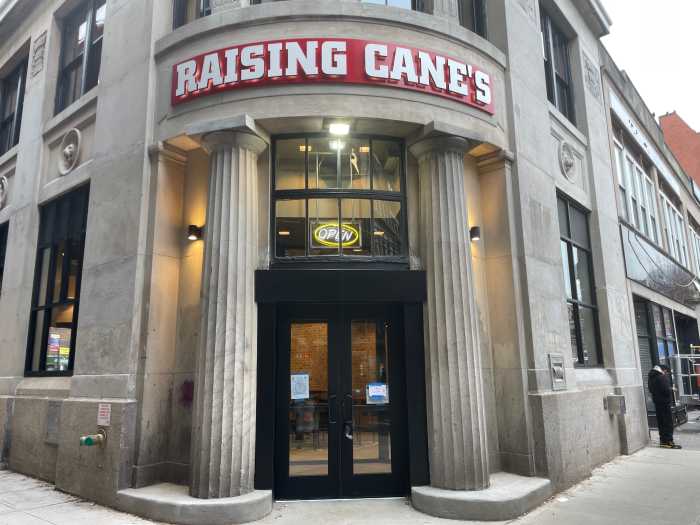City Council Members Jumaane D. Williams (D-Flatbush, East Flatbush, Midwood), Alicka Ampry-Samuel (D-Brownsville, Crown Heights, Bedford-Stuyvesant, East Flatbush) and Antonio Reynoso (Williamsburg, Bushwick) last week re-introduced a package of legislation reforming disciplinary action for low-level marijuana offenses in city agencies.
The package consists of two bills and one resolution, which can now be heard and voted on in the current Council term.



This first piece of legislation, Intro. 0821, would amend the administrative code of the city of New York to prohibit the Taxi and Limousine Commission from using low level marijuana offenses – specifically, unlawful possession of marijuana, criminal possession of marijuana in the fourth degree and criminal possession of in the fifth degree as the sole reason to suspend or revoke a city-issued license or to deny an application for a license.
The second, Intro. 0820, would prohibit the Department of Sanitation from using these same low level marijuana-related offenses as the sole reason to discipline the uniformed workforce.
the third measure is a resolution, Res. 0296, calling on the New York City Housing Authority (NYCHA) to add unlawful possession of marijuana and criminal possession of marijuana in the fourth and fifth degrees to its list of “overlooked offenses,” and stop considering these offenses as grounds for termination of tenancy.
These measures come as the debate over the criminalization of marijuana is prominent not only in New York City, but in state and federal government as well. The legislation introduced relates to populations that are disproportionately made up of people of color, and communities which are more often targeted for low-level marijuana offenses than whiter or wealthier populations.
Williams has been an advocate for years for the decriminalization and ultimately the legalization of marijuana.
“It is simply illogical and inconceivable that jobs are being lost and lives are being ruined because of low-level marijuana offenses,” said Williams. “Disciplinary actions and criminal penalties for marijuana possession disproportionately affect communities of more color. That is a fact. The legislation that I introduced is aimed at ensuring that New Yorkers in these agencies are not facing inordinate penalties and unjust repercussions for actions that would result in slap on the wrist if committed by those with greater privilege. It is time to stop treating marijuana with inordinate hysteria and apply common sense to our laws and regulations.”
Reynoso said he supports the measures because members of his community do not deserve to be disproportionately penalized for the unlawful possession of marijuana.
“Such a low-level offense should not warrant the threat of eviction or jeopardize one’s livelihood. Yet for far too long this has been the case, and in many instances our most vulnerable citizens bear the brunt of this reality. It is time that we recognize the injustice of disproportionate punishment and addresses its unintended consequences,” said Reynoso.
Ampry-Samuel said the measures take a much-needed step in the direction of equity and fairness with respect to minor marijuana convictions.
“With respect to this resolution and having lived in NYCHA for many years as a youth and young adult, I know of many individuals and families who experienced terminations as a result of these types of convictions. A minor marijuana infraction is not something that should prevent people from accessing and maintaining public housing, taxi medallions or employment with the Department of Sanitation,” said Samuel.



